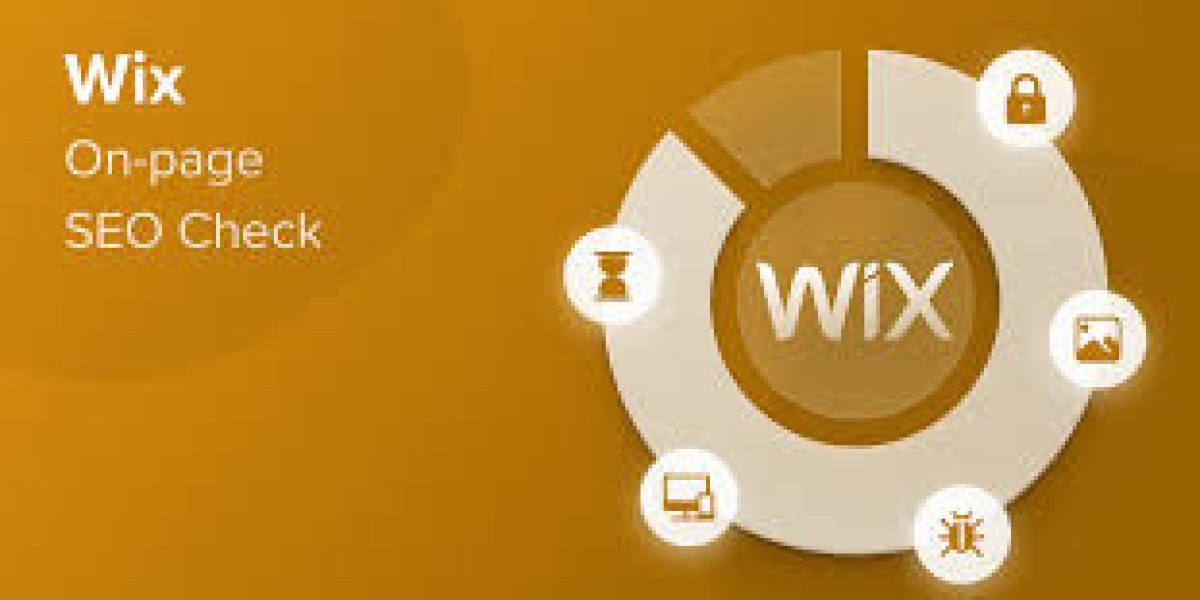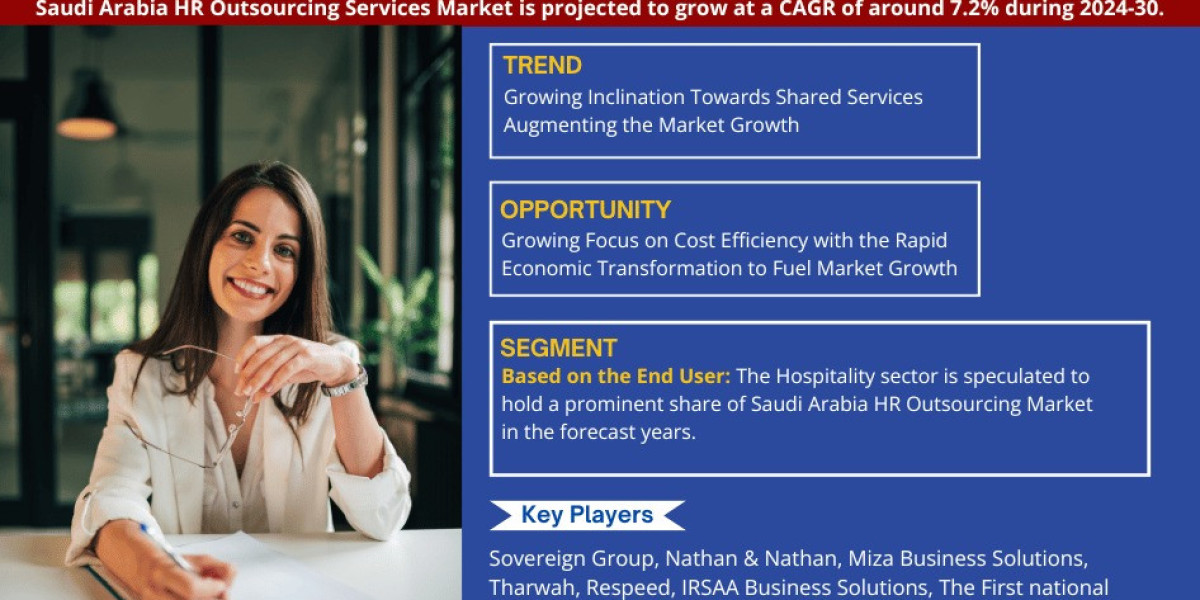Introduction:
For years, Wix had a reputation as a beginner-friendly website builder with serious SEO limitations. Critics claimed that its code-heavy backend, limited customization, and sluggish performance made it difficult for businesses to rank on Google. But the platform has evolved significantly over the past few years. So, in 2025, is wix bad for seo? Or has it caught up with the needs of modern marketers and site owners? Let’s explore.
Understanding Wix’s SEO Reputation
Wix originally gained traction as a drag-and-drop builder for non-technical users. While this ease of use made it popular, it came with trade-offs:
Poor URL structures (with strange characters or excessive slugs)
Limited control over metadata and alt tags
Lack of access to clean HTML
Slow-loading sites due to bloated JavaScript
These issues prompted SEO professionals to warn against using Wix, especially for businesses relying heavily on organic search.
However, in response to these criticisms, Wix made significant updates:
Full SEO customization (titles, descriptions, canonical tags, etc.)
SEO Wiz tool for beginner-friendly guidance
Advanced features like schema markup, 301 redirects, and robots.txt file editing
Integration with Google Search Console and Google Analytics
Faster loading times thanks to infrastructure improvements
In short, many of the old complaints have been addressed — but does that mean Wix is now good for SEO?
Pros and Cons of Wix for SEO in 2025
✅ Pros:
Beginner-Friendly Tools:
Wix’s SEO Wiz and built-in optimization tools make it easy for non-technical users to implement basic SEO strategies.Structured Data & Schema:
You can now add custom schema markup, which helps improve how your content appears in search results (like rich snippets).Mobile Optimization:
Wix sites are mobile-responsive by default, aligning with Google’s mobile-first indexing.Improved Speed:
Wix has made serious strides in Core Web Vitals performance — an important ranking factor in Google’s algorithm.SEO App Integrations:
Users can connect to tools like Semrush, Google Ads, and Rank Math for deeper SEO insights and keyword planning.
❌ Cons:
Limited Technical Flexibility:
Advanced users may find Wix restrictive. For example, you can’t edit server settings or access full control over code like you could with WordPress.Template Limitations:
Switching templates mid-project is nearly impossible, which can limit site evolution and UX improvements.Subtle Bloat:
Although improved, Wix websites can still suffer from slightly heavier code, which may impact loading times compared to hand-coded or WordPress-built sites.Less Scalable for Large Sites:
If you’re planning an enterprise-level website with thousands of pages, Wix may not offer the customization and performance control needed at that scale.
Conclusion: Is Wix Bad for SEO?
No — not anymore. While Wix did struggle with SEO in the past, its evolution over the last few years has addressed many of the core issues that once held it back. For small businesses, bloggers, local service providers, and even some e-commerce brands, Wix is now a viable — and even competitive — choice for SEO.
However, advanced users, developers, and enterprise-level companies may still prefer platforms like WordPress or Webflow for greater control and scalability. Ultimately, the “best” SEO platform depends on your business goals, technical skill level, and how hands-on you want to be with your website’s optimization.





